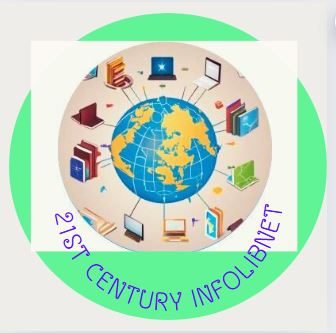
Introduction:
Libraries are vital institutions that provide access to knowledge and information, fostering academic growth and research. Hawassa University in Ethiopia recognizes the importance of libraries in supporting its academic community and has implemented various initiatives to enhance its library services. In this blog post, we will explore the innovative approaches and developments taking place at Hawassa University Libraries.
1. Library Automation Project:
Hawassa University Libraries have embarked on a Library Automation Project to modernize their systems and keep pace with the digital era [1]. This project involves collaboration between the university library system, branch libraries’ Head Librarians, library staff, and ICT professionals. The implementation of an Integrated Library Management System (ILMS) called Koha has been a significant milestone in this project [1]. Koha enables automated book loan services, machine-readable catalog operation, and an online public access catalog (OPAC) web service, making it easier for users to access library resources [1].
2. Diverse Library System:
Hawassa University Libraries consist of eight libraries, catering to various academic disciplines and research areas [1]. These libraries include the School of Natural and Computational Sciences, School of Social Sciences and Humanities, School of Economics and Business, School of Law and Governance, School of Technology, School of Agriculture, School of Health and Medical Sciences, and Wondo Genet Forestry and Natural Resources Library College. Each library is equipped with a wide range of resources, including books, journals, and digital materials, to support the diverse needs of students and researchers.
3. Digital Resources and Services:
Hawassa University Libraries have made significant efforts to expand their digital resources and services. They provide access to online databases, e-journals, and e-books, enabling users to access scholarly materials from anywhere at any time [1]. Additionally, the libraries offer computer workstations, internet access, and printing facilities, ensuring that students and researchers have the necessary tools to engage in their academic pursuits.
4. Community Engagement and Outreach:
Hawassa University Libraries actively engage with the university community through various outreach programs and initiatives. They organize workshops, training sessions, and information literacy programs to enhance research skills and promote effective use of library resources [2]. These initiatives aim to empower students and researchers with the necessary information literacy skills to navigate the vast world of academic resources.
5. Collaborations and Partnerships:
Hawassa University Libraries recognize the value of collaborations and partnerships in enriching their services. They collaborate with other libraries, both nationally and internationally, to share resources, expertise, and best practices [2]. These collaborations enable the libraries to expand their collections, provide access to a wider range of resources, and enhance the overall quality of their services.
Learn more:
- The history of library automation project at Hawassa University, Ethiopia – 21st Century Infolibnet
- Hawassa University Library Outreach Partnership Projects in Sidama Region, Ethiopia
- Transforming Libraries for Environmental Education on Climate Action – 21st Century Information and Libraries Network
- The 10-Minute Digital Librarian #3: Improve your presence on search engines | Library Policy and Advocacy Blog


You must be logged in to post a comment.